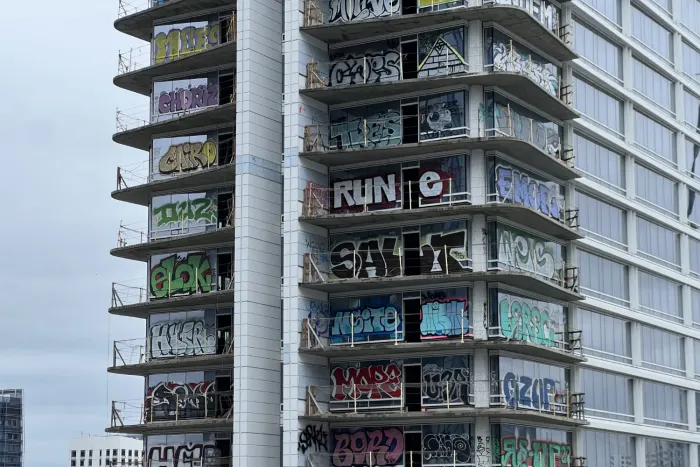On April 1, 2024, Californian Governor Gavin Newsom’s Recovery Act was enacted; California-based fast-food chains with 60 or more restaurants nationwide must pay their workers at least $20 an hour; this is $4 higher than the state minimum wage of $16. However, the policy enacted to help part-time workers may do the opposite.
A new minimum wage forces businesses to pay their workers more, obviously. Unless the enterprises managing these fast-food restaurants plan on losing money, adjustments must be made to compensate for the increased wage rates and money loss. CNBC states, “Franchises [like] Papa John’s, Round Table and Pizza Hut laid off drivers ahead of the deadline. McDonald’s, Wingstop and Chipotle Mexican Grill are among the chains that have said they’ll pass on the higher labor costs to their customers by making their menu items more expensive.”
Newsom’s plan to increase minimum wage workers’ pay, seemingly, increases the unemployment rate because businesses have begun to lay off workers. Realistically, no change in unemployment is occurring. All the affected restaurants are massive food chains with their part-time workers being inexpensive assets easily replaceable. These restaurants do not care for one’s experience, rather they are heavily interested in people’s availability. The more available they are in a day, the more often they can work, thus the fewer people that need to be employed. This practice has existed for many years, so the “dramatic” price floor of $4 for these multi-billion dollar companies does not force them to lay off workers that have barely even existed.
Businesses are still businesses, so the goal of earning profit remains. Since businesses already have the bare minimum number of workers, increasing the prices is the only way to compensate for the new wage requirement. As seen by the recent price increases in local restaurants, buying your typical Big Mac Meal from McDonald’s has increased in price.
A concern brought up by many people and the public is that Governor Gavin Newsom is purposefully exempting Panera Bread from the Recovery Act. The law’s text states, “a bakery that produces for sale on the establishment’s premises bread” is not recognized as a fast food restaurant.
Conspiracy theorists have concluded this oddly specific text about bakeries believing Greg Flynn, “a billionaire and longtime donor who has two dozen Panera Bread locations in the Golden State, may have been the reason the exemption was included,” according to KTLA. Gavin Newsom simply replied, “That’s part of the sausage-making of politics.”
The aforementioned line from the Recovery Act does not purposefully exempt Panera Bread from the Recovery Act. The full section that line derives from talks about restaurants that solely produce and sell bread-based products. Any product, not specifically a bread product, leaves the restaurant liable to the $20 wage requirement.
People jumped extremely quickly to conclusions with lines taken out of context and Governor Gavin Newsom could have made a better publicity stunt than comparing the ambiguity of his policy to “sausage-making,” a term with heavy negative connotation because of the horrendous truth behind “sausage-making.” Panera Bread, like other restaurant chains, pays its workers the new minimum wage because of the 60-plus stores nationwide and social media was once again successful in spreading meaningless drama.














